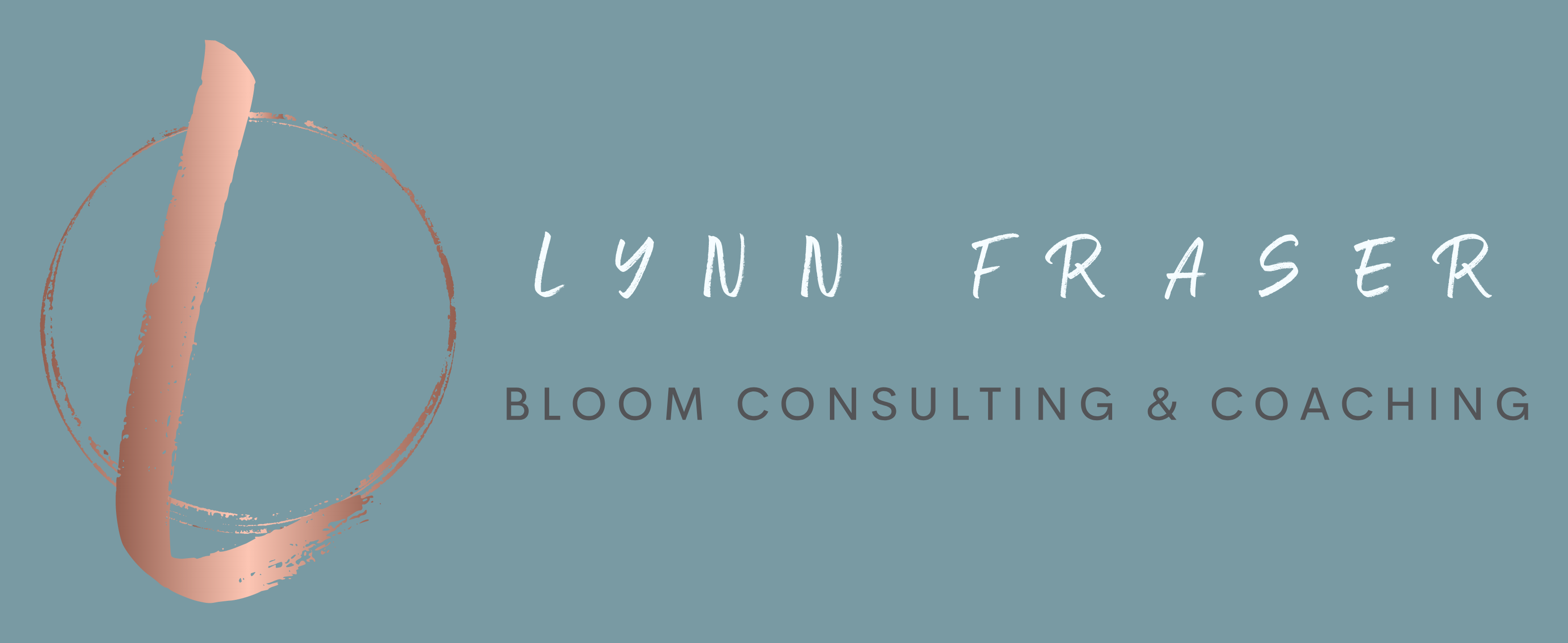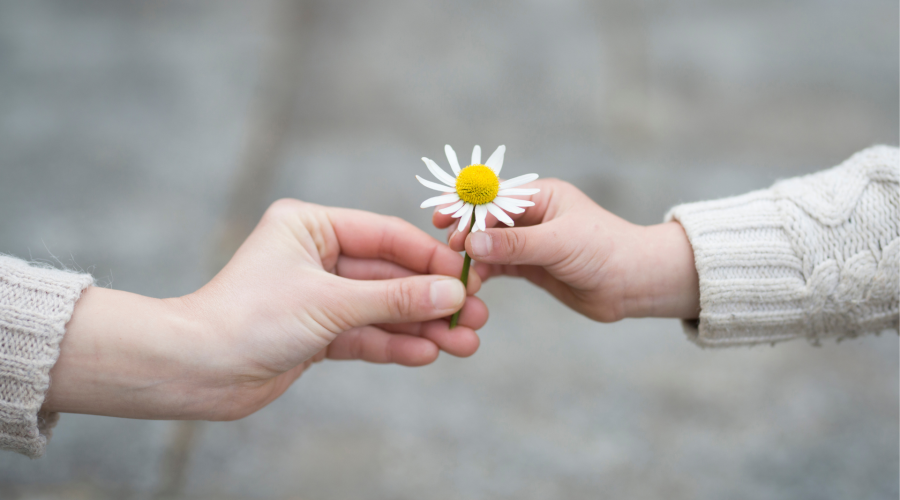What is Gratitude?
Researchers Robert Emmons and Martin Seligman taught us that the virtue of being grateful is more than just saying, “thank you”. Gratitude is a powerful human emotion and the word is derived from the Latin word, “gratia” meaning gratefulness or thankfulness. Psychologists have defined gratitude as a positive emotional response that we perceive on giving or receiving a benefit from someone (Emmons & McCullough, 2004). It is our ability to be grateful for the positive things in our lives, no matter how small. Researchers have also concluded, that even when gratitude is not expressed to another person but merely recorded, we can still benefit from its many positive effects.
The Benefits of Being Grateful
Gratitude has a far greater impact on our wellbeing than we ever imagined. It has been discovered that gratitude can even change our brains. Simple practices like maintaining a gratitude journal, thanking others for small favours or sending others tokens of thanks, can make us feel more positive and immediately enhance our serotonin levels.
Studies have found a connection with interpersonal relationships: couples who find ways to indicate their mutual thanks often, stand a higher chance of sustaining a positive relationship for longer.
There is also overwhelming evidence of the connection between gratitude and good physical health such as improved sleep, less stress, more energy and lower levels of disease.
Even at work, gratitude is the trump card of emotions: employees who practice expressing gratitude at work are more likely to have higher levels of engagement and are better team players. Leaders who express gratitude are more productive and tend more toward collaboration.
The Neuroscience of Gratitude
Numerous studies have indicated that moral judgement and feelings of gratitude are evoked in the right anterior temporal cortex (Zahn et al. 2008). In the same study, it was revealed that those of us who express feelings of gratitude more easily, have higher volumes of grey matter in our right temporal gyrus. (source: Positive Psychology.com)
It is a well-known fact that when we express gratitude, our brains release dopamine and serotonin which are the “feel good” hormones that have an immediate uplifting effect on our emotions. Want to feel more positive and reap endless rewards? Practice gratitude.
5 Ways to Practice Gratitude:
- Appreciate yourself regularly, either by confessing positive affirmations about yourself or by writing down one thing every day that you are proud of yourself for.
- Be polite to others by thanking those people who serve us every day in small ways. The person who packs our groceries, the person who delivers our take-away, the person who was hired by our landlord to fix that leaking pipe – all need to be thanked and appreciation shown.
- Appreciate the important people in your life by thanking them verbally or by writing a letter to them. A friend who was supportive during a time of illness, a teacher who went the extra mile to help understand a difficult concept, or a co-worker who stood up for us when others wouldn’t.
- Start a gratitude journal. Even the simple act of listing 3 – 5 things every day that we are grateful for, can remind us of how lucky and fortunate we really are.
- Practice your chosen religion or spirituality by thanking God for the things that we take for granted every day. Access to running water (yes, millions don’t have this!), a delicious meal, a safe neighbourhood. Our blessings are endless if we find the time to look for them.
In Closing
For me, one of the greatest benefits of being grateful, is that it forces us to focus on the positive and to celebrate the present. It may also be a powerful blocker of negative and toxic emotions such as envy, depression and regret. By focusing on what is good in our lives, we are forced to realize that even in difficult circumstances, we still have a lot to be grateful for.
What are you grateful for today?
If you would like more information about how gratitude can make you more resilient, contact me HERE


